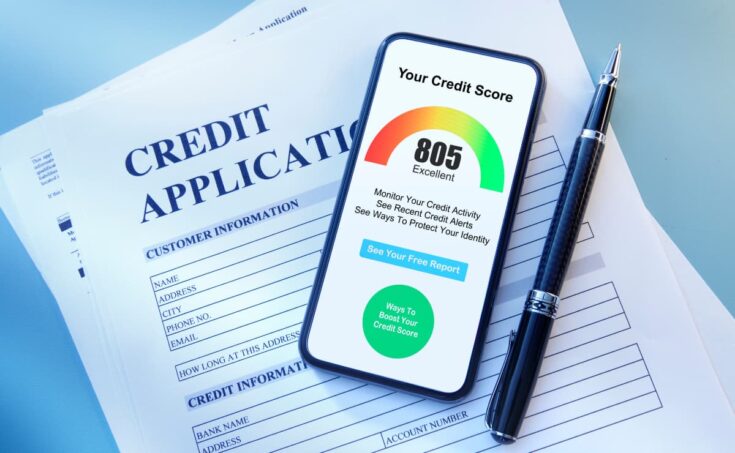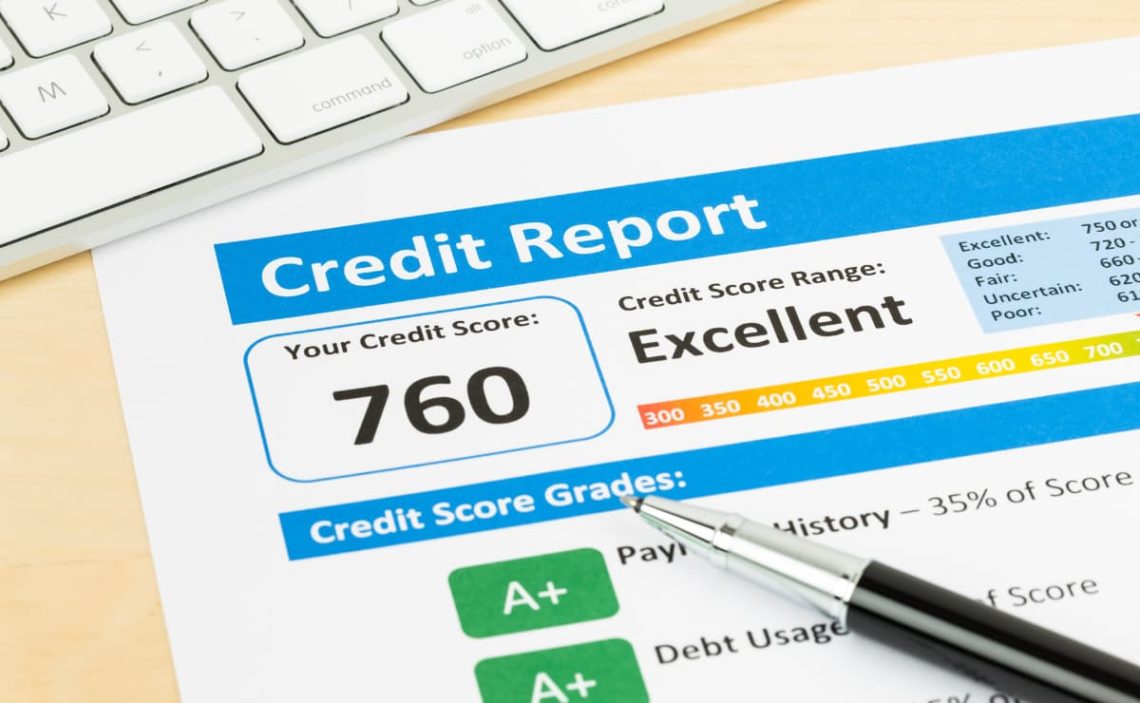If you are considering refinancing your home, you are probably wondering what the minimum or recommended amount is in order to access a loan. We will try to analyze this situation as thoroughly as possible, but we can tell you there is no universal answer since it depends on very different factors.
What is a mortgage refinance, and when is it done?
It is simple to understand what a home refinance is and how it works. Actually, it is a refinancing of the mortgage loan. If the house were free of encumbrances, it would not be a refinancing, but rather a mortgage loan would be requested, which is a different financing option.
Therefore, when we have a mortgage on a house but we want to modify this mortgage for whatever reason, we will apply for a second loan that can pay off the first one and, in this way, continue paying for the house, generally with better conditions.
There are very different scenarios in which one can apply refinancing, the reasons will depend on each user, but the most common would be the following:
- Improve the mortgage conditions: this is one of the most common. Mortgages, being long-term products, may vary in their viability. For example, the interest rate drops make them expensive. In this context, mortgage refinancing is quite common.
- Solving a payment problem: when mortgage repayment problems arise, refinancing can be a tool to improve this situation. Through refinancing, it is possible, in some cases, to increase the amortization term decreasing the monthly payment and the pressure on the applicant’s economy.
Of course, there may be other reasons, for example, grouping debts through refinancing by joining all credits and debts in one mortgage. Although it is not excessively advisable, that can be a solution for someone in tight debt. It can group in all debts in a single loan with a mortgage guarantee and defer the payment with monthly installments.
What credit score do you need for a home refinance?
No exact measure logically tells us that the higher the credit score, the easier it is to obtain any financing, and mortgage refinancing is no exception.
Typically, the minimum FICO score needed to avoid problems when applying for a refinance would be 620. A score that could be considered good could be around 680. Finally, a score of 720 is considered excellent for a refinance and would probably smooth out any application.
It is important to understand that below the minimum score of 620, it is also possible to obtain a refinance. However, the fundamental problem will be that it will be more expensive, with interest applied, and will probably require additional guarantees to the mortgage. Of course, it will also be more rigid on issues such as income stability.

Why is it essential to improve the credit score before refinancing?
That is a significant factor that we sometimes forget, it being that when we apply for a refinance, our credit score will be affected and decrease slightly. This is common, it happens with the accumulation of loans, and generally, the higher the volume of applications and signing of financing transactions, the lower our score will go. Another thing is that if we consistently make payments, our score will recover little by little.
However, it is in our best interest to reach a refinancing with the best possible score. To this end, there are some actions you should take into account before applying for the financing operation. The most important are the following:
Perform a thorough check to discover possible errors. Credit reports can sometimes include errors or transactions that have already been settled but still haven’t appeared. It is essential to review this well and request the appropriate modification in case of an error.
Another critical factor is to keep all credit debt payments up to date. And here, too, it is crucial to remember that the credit card is a valued factor in the credit score. You may think that only the payments on your loans influence your situation, but that is not correct. The card will also have an impact.
Finally, you should assess what your credit utilization ratio is. The credit utilization ratio corresponds to the amount of money you have applied for credit and still need to pay back. You can compare this with your available credit. It is generally recommended to keep the ratio below 30% at least, with an ideal balance of 10%. The better the ratio, the better the credit score situation.
Don’t forget about your credit history in refinancing
We end the article by remembering something fundamental, your credit history. We need to know what to expect and prepare for the process if we anticipate needing to apply for refinancing. That means that the better our credit history is, the better disposition we will have for a transaction, which is extremely important, especially for one as long and necessary as a new mortgage on our home.


